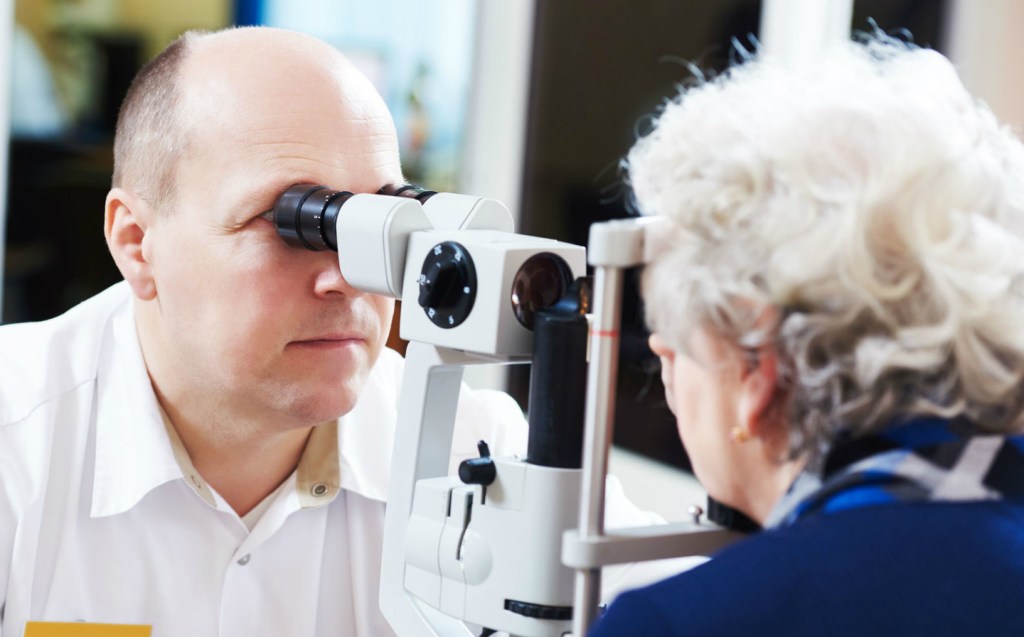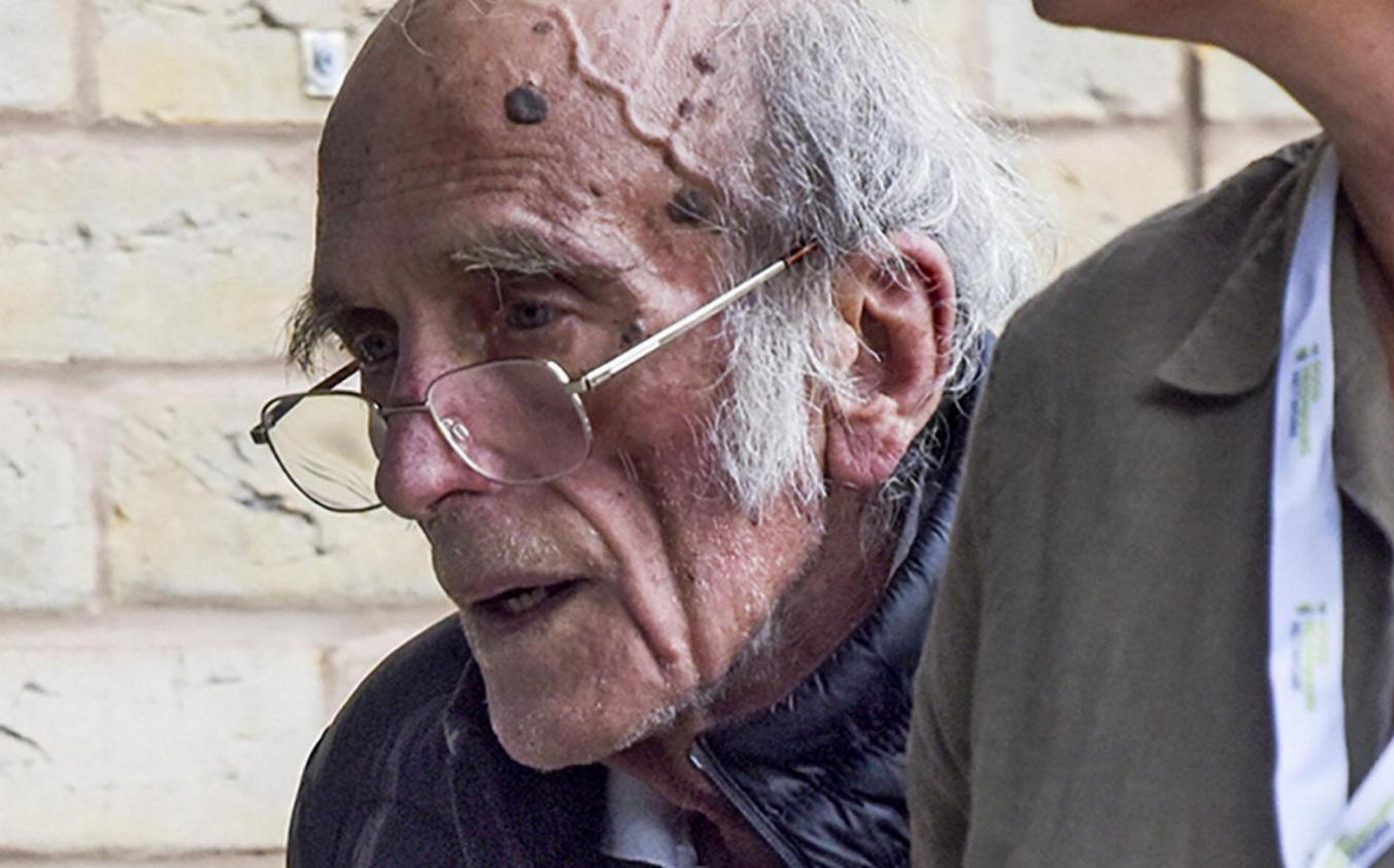Elderly driver with 'terrible' eyesight jailed after killing cyclist in broad daylight
Family brands driver 'selfish and incompetent'
An 82-year-old driver with severely degraded eyesight has been jailed for six months after pleading guilty to causing death by careless driving after hitting a cyclist.
Peter Gardner of Whitchurch, Hampshire was driving a silver Vauxhall Vectra when he collided with cyclist Jim Tassell from behind, knocking him off his bike on the B3400 road between Andover Down and Hurstbourne Priors in Hampshire on the morning of July 23 last year.
Tassell, 70, was taken by air ambulance to Southampton General Hospital where he died five days later from his injuries. A police report into the incident identified the cause of the crash as Gardner’s defective eyesight.
Salisbury Crown Court heard how Gardner could read a number plate from no more than three metres away — far less than the 20m required to pass a driving test.
“Conditions were fine, the sun was out … there was nothing significantly interfering with your vision other than the fact your eyesight was deteriorating,” said judge Andrew Barnett in passing sentence.
“You drove, not at a great speed, to collide with devastating effect, catapulting [Tassell] into the air, who suffered traumatic injuries which he died from on July 28. An eyesight test showed you could only read a number plate at three metres as opposed to [the regulation] 20 metres. That is quite a significant impairment.”
In August 2018, the retired rail worker was told by an optician that he might be developing cataracts and that he should return in 12 months’ time. Gardner failed to arrange a follow-up appointment.
“I am told that you hadn’t noticed any deterioration of your eyesight,” said the judge.
“I find it hard to believe you had not realised as you had continued to drive to the period of the collision. It must have been obvious to you that you were not seeing things as you should.
“It seems to me that your recklessness and foolishness are quite obvious when you weren’t seeing properly.”
In a victim impact statement, Tassell’s daughter Emma said: “It is abundantly clear that you should not have been behind the wheel of a car.” She added that Gardner was “selfish and incompetent” for “choosing to drive with terrible eyesight”.
Following the sentencing, the Tassell family issued a statement calling on elderly drivers “with poor eyesight to ensure they are medically fit to drive”.
What are the eyesight rules for driving in the UK?
The law says that:
- Drivers must be able to read a car number plate from 20 metres away (with glasses or contact lenses, if necessary).
- Car drivers must also have a “visual acuity” of at least decimal 0.5 (6/12), measured on the Snellen scale, using both eyes together (with glasses or contact lenses, if necessary). If you have sight in one eye only, then that eye must meet the standard. The rules for lorry drivers are different (see here).
- Drivers must also have an adequate field of vision, which can be determined by an optician.
At the start of a practical driving test, prospective drivers must correctly read a number plate on a parked vehicle at a distance of 20 metres. If they cannot, they will fail their driving test, and the test will not continue. The Driver and Vehicle Licencing Agency (DVLA) will be told, and their provisional licence will be revoked.
Drivers who re-apply for their licence will be required by the DVLA to have an eyesight test with the DVSA (Driver and Vehicle Standards Agency). Tests are normally held at a driving test centre, and, if successful, they must still pass the DVSA standard eyesight test at their next practical driving test.
At present, after obtaining their licence, drivers are not subject to mandatory eyesight tests no matter how old they become.
Licences must be renewed every three years once the holder reaches 70, compared with every 10 years up to that point. Motorists are required to inform the DVLA if their health deteriorates to the extent they are no longer fit to drive.
Drivers who fail to inform the DVLA of their unfitness to drive, can be fined up to £1,000 and may be prosecuted if involved in an accident as a result. Drivers can have their licences immediately revoked if they fail a police roadside eye test.
Concern among optometrists
The relative laxity of the current system is a cause of concern for many, opticians included.
The Association of Optometrists (AOP) said that large numbers of motorists with deficient eyesight get behind the wheel every day because Britain’s driving standards are too weak.
In an AOP survey, 60% of optometrists had seen patients whose vision falls below the legal standard but continued to drive.
“We’re calling for a change in the law, so drivers undergo sight tests when they first apply for their licence, and when they renew their driving licence every ten years,” said Farah Topia, clinical advisor at the AOP.
Speaking to The Times, Steve Gooding, director of the RAC Foundation said that the organisation had never supported mandatory re-testing of drivers’ skills at “an arbitrary age, such as 70”, but said that eyesight tests should be compulsory throughout motorists’ lives and linked to the ten-year renewal of driving licences.

“In many cases,” said Gooding, “poor eyesight — as with other health conditions that affect people’s ability behind the wheel — can be treated if caught early and discussed with medical professionals. The worst of all worlds is one where drivers know their limitations and ignore them.”
Related articles
- After reading about the jailing of an elderly driver, you may be interested to know if old-style paper driving licences are still valid
- Here are 10 ways to save money on your car insurance
- And have you been wondering if now is the time to buy an electric car? Here’s what we think.
Latest articles
- Bedeo Defender 110 2024 review: Does electric Landie with in-wheel motors make for a perfect off-roader?
- F1 2024 calendar and race reports: What time the next grand prix starts and what happened in the previous rounds
- BYD Seal U 2024 review: Chinese brand adds plug-in hybrid SUV to its electrified line-up
- New Mini John Cooper Works revs up for Nürburgring 24-hour race debut
- Ineos Grenadier Quartermaster 2024 review: British pick-up is a tough mudder but too flawed to be a real workhorse
- Mini Cooper SE 2024 review: All-new electric hatchback is playing to the crowd
- Jeep Wrangler 2024 review: Impressive off road but you’d still have to be a committed contrarian to buy one
- Around 500 Ford workers in UK could go on strike over cost-of-living pay dispute
- Durham solar car team to take part in 24-hour race with smart tyres and night-driving solution














